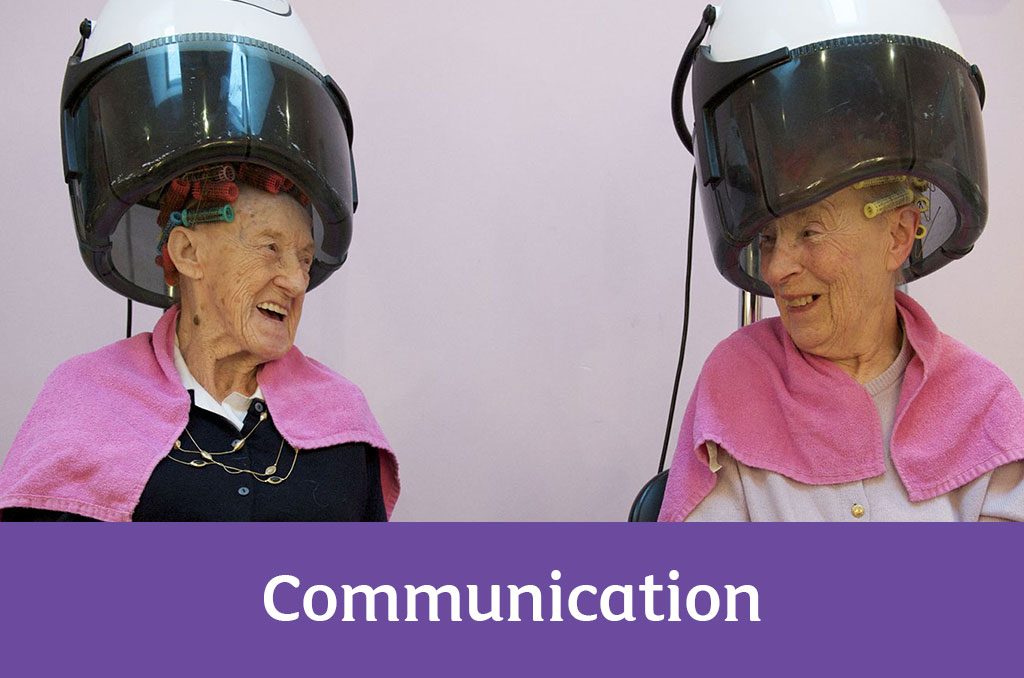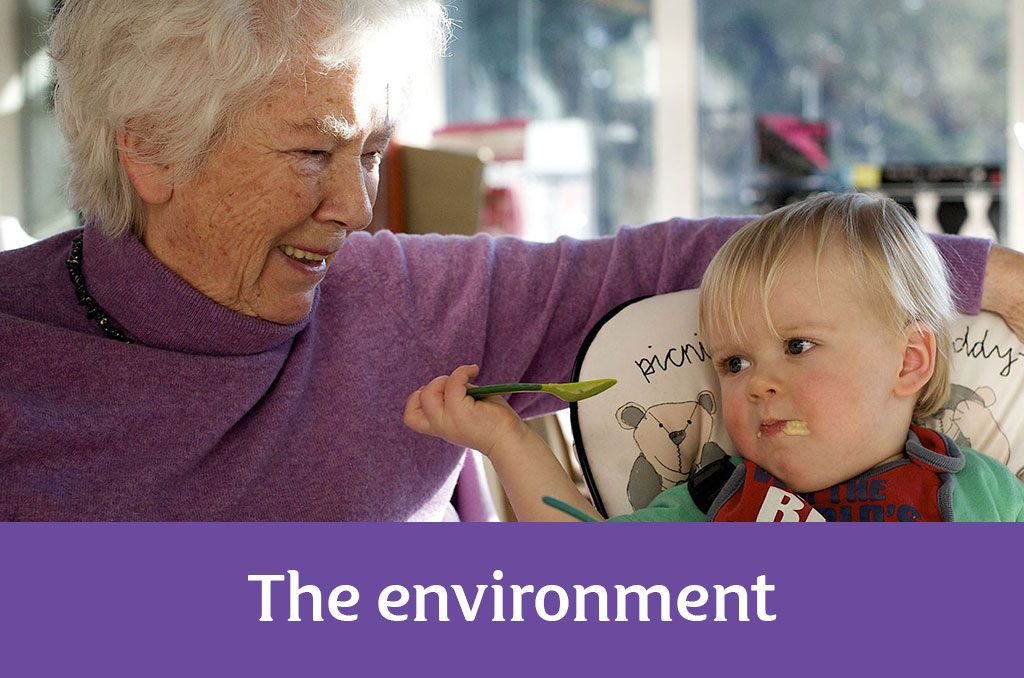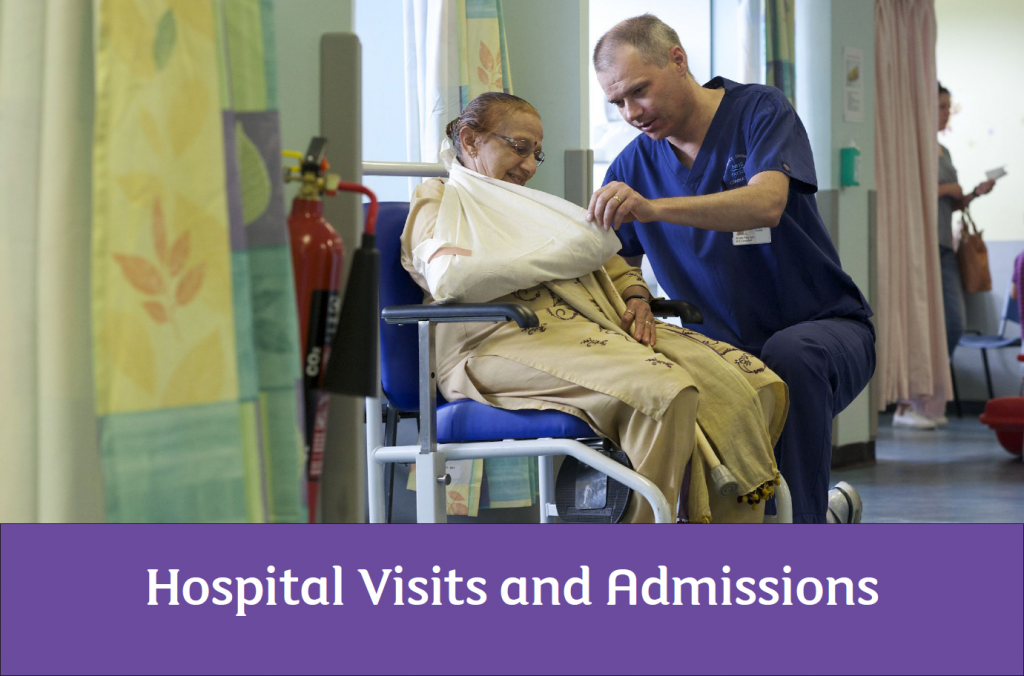Welcome to the DSDC online dementia information hub.
This resource page has been created as part of the ‘Dementia Education for Family Carers & Volunteers’ project, led by DSDC with backing from partner organisations. The aim of the information provided is to help support family carers and volunteers, support people living with dementia to maintain, or improve their quality of life.
DSDC provide a range of resources, which is available through the DSDC website.
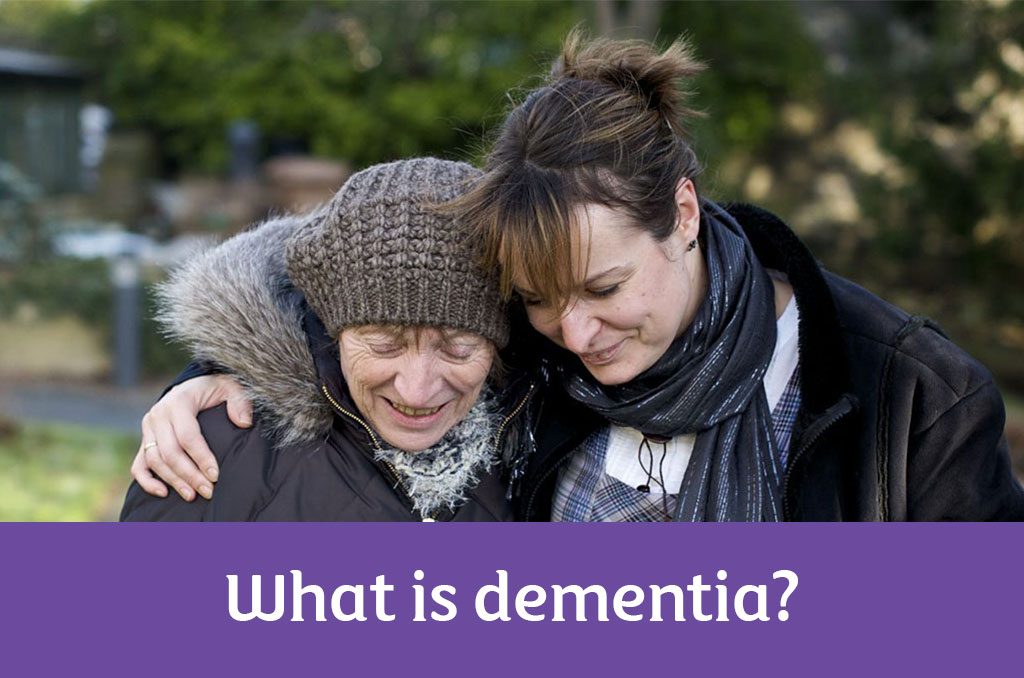
Dementia is often talked about as a single illness that affects everyone in the same way. In reality, this isn’t the case. Most people have very different experiences of dementia, which means that the support offered needs to be individualised.
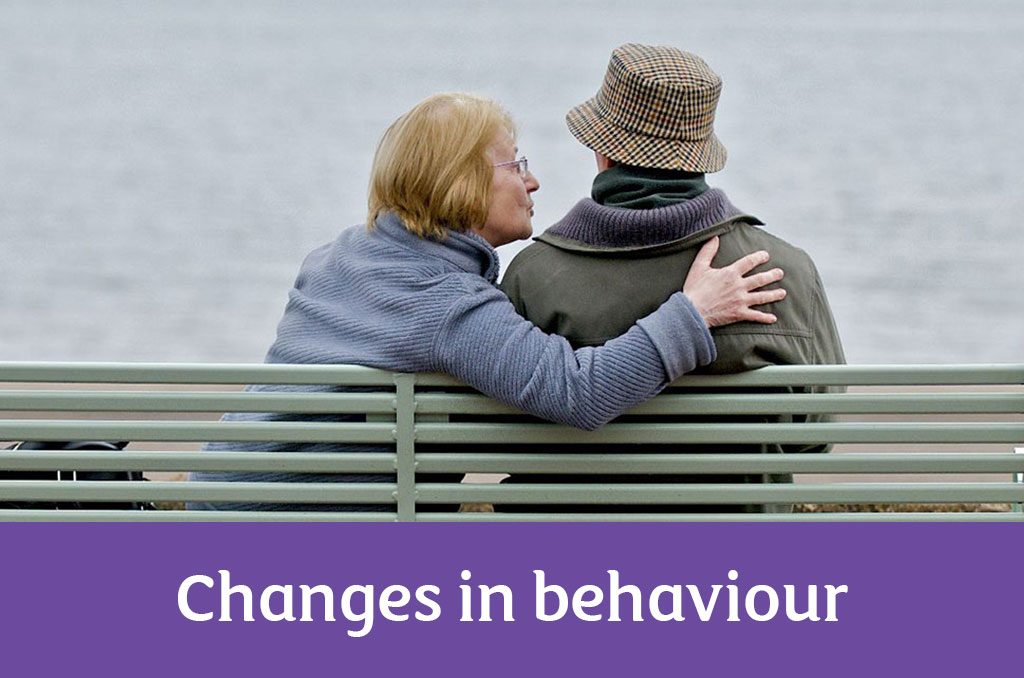
It is impossible to know ahead of time how dementia will, or won’t, affect the way an individual behaves. It is important to recognise that behaviour is a method of communication which always carries meaning.
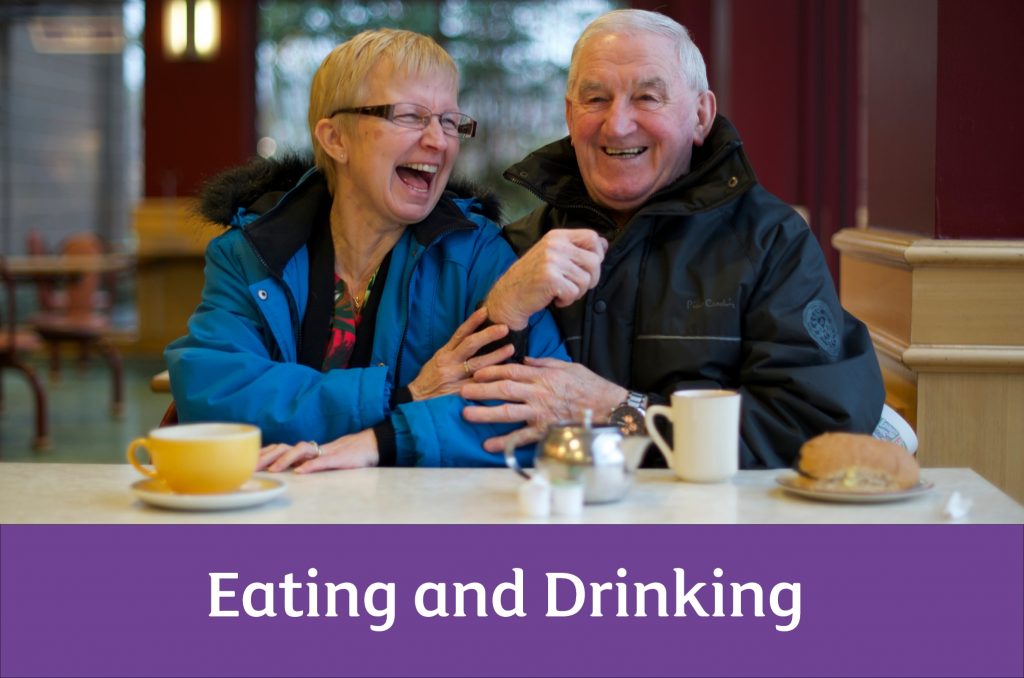
Conversations about dementia tend to focus on the neurological symptoms of the disease, but it is important to remember that there can be other symptoms and eating and drinking is often a topic of concern.

A diagnosis of dementia shouldn’t stop us or our loved ones from travelling, although it may require a different level of planning.
Funded thanks to RS MacDonald, The Robertson Trust

DSDC is part of


